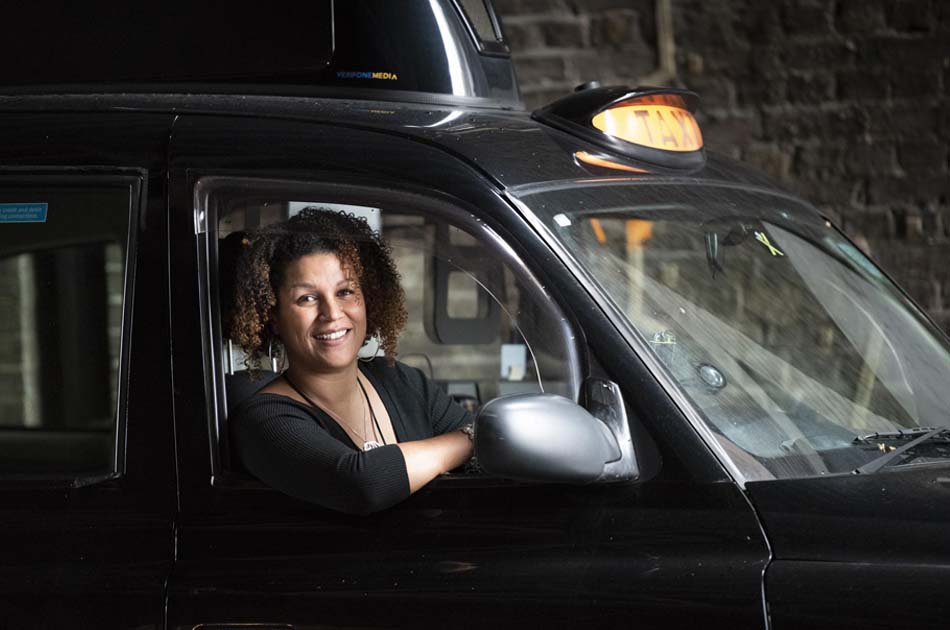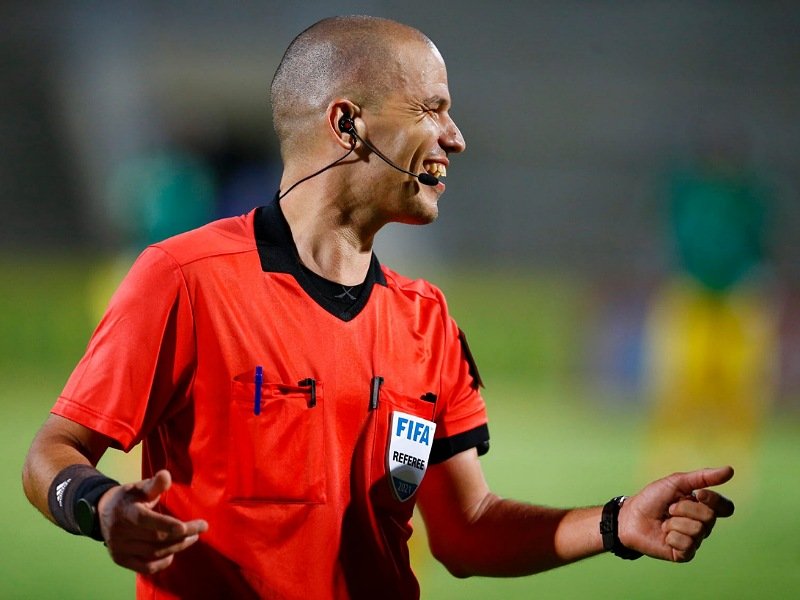The government of Ghana has secured the World Bank’s $450 million multi-country project for the Gulf of Guinea Northern Regions Social Cohesion (SOCO).
It would be implemented in Ghana and three other West African countries such as Cote d’Ivoire, Togo and Benin.
The Minister for Local Government, Decentralisation and Rural Development, Mr Daniel Botwe said this in his keynote address at a three-day orientation and sensitization programme on the Gulf of Guinea Northern Regions SOCO project held in Bolgatanga of the Upper East of Region.
Botwe added that the project would complement the Ghana’s pro-poor policies to reduce inequality, foster economic growth and create the needed jobs to empower the youth in the beneficiary districts and municipalities.
In his words, “The SOCO project aims at providing support to the northern parts of the Gulf of Guinea countries considered as the worst hit by fragilities following food insecurity, climate change, conflict, and violence.
“Ghana through the Ministry of Local Government had received US$150 million, and the project was going to be implemented in six regions of the country; Oti Region, Savannah, Northern, Upper West, Upper East and North East Regions.
“For almost a decade, the living conditions of the over 16 million people living in the northern parts of Benin, Cote d’Ivoire, Ghana, and Togo have been threatened by the spread of conflict from the Sahel, which has led to increased vulnerability to the impacts of climate change.
“These external pressures of conflict and climate change, as well as the recent outbreak of the COVID-19 pandemic, have compounded challenges of poverty, exclusion, and weak governance.
“In Ghana, 48 Metropolitan Municipal and District Assemblies (MMDAs) in the six regions were selected to benefit from the project, explaining that those MMDAs had been chosen premised on climate vulnerability, exposure to a security risk, poverty incidence and unemployment rate.”
The SOCO project is going to be executed under four components in the selected MMDAs in the country. These include; Investing in Community Resilience and Inclusion; Building Foundation and Capacity for Inclusive and Resilient Communities; Regional Coordination Platform and Dialogue; and Project Management.


